When it comes to accurate dating algorithms, Hinge is one of the toppers. Yes, the statistics do not lie. It states three out of four matches on Hinge end up going on a second date. It is interesting to note that a huge percentage of Hinge matches have ended up in marriage or a long-term serious relationship.
So how does Hinge do it? How is it even possible for a dating app to predict so accurately? In this article, we will explain to you the Hinge dating algorithm in detail.
How does the new algorithm on Hinge work?
You may have the notion that all dating apps use the same algorithm to get you matches, but nope, that isn’t true. Hinge changed back in 2018, ever since the rate of successful matches has increased by significant numbers.
In the first version of Hinge, the focus was on connecting you with users who are friends of friends. The app was assuming you share a lot in common with such people. However, now, you no longer need to interlink your Facebook and Hinge accounts. Of course, you can do it if you wish to, but it is not a mandate.
The new algorithm on Hinge depends on Machine Learning (ML). The moment you fill in your details to sign up on Hinge, the app starts to collect relevant information about you. This may freak you a little, but there’s nothing to worry about. It’s actually a good thing as potential partners who aren’t compatible with you are wiped out from the very beginning.
This is just the basics, though. The fun starts when you need to answer the three popular questions presented to you by Hinge.

The famous three questions
These questions form the base of the Hinge dating algorithm. The soon you answer these questions, the app begins comparing your answers to those posted by other users and attempts to find people who have provided similar responses like yours. To be crisp, “potential matches.”
There are multiple questions, starting from funny to philosophical, light-hearted to inconsequential queries. You can select any three questions that you would want to answer.
If you’re more of a laid-back person, you could choose a not-so-serious question such as “What was your worst date ever?” or “What is the most embarrassing song you have on Spotify?”. If you’re more of a romantic, you could choose a question like “I’ll know I have found the one when…” and then go on to describe your idea of the perfect relationship.
These questions may seem random to you, but in reality, there is a lot of science behind it. A detailed explanation has been provided in the below sections.
Can I answer more than three queries?
This is one of the most common FAQs. The answer is, at present, you can answer only three questions about yourself. That’s just how the algorithm works; it is able to analyze three questions at a given time. The good thing is, if you’re not happy with the matches you’re being shown, you could always go back and change your three questions. You will observe that this will change your list of potential matches too.
Can I hack the Algorithm on Hinge?
The answer is no. You cannot hack into Hinge’s algorithm. However, you can do certain things to improve your chances to find the correct match.
The first tip we have is not to answer questions that are too common or generic. “Your favorite drink” does not say a lot about you or how you are as a person. A question like this will attract common answers, such as “beer.” There will be thousands of other people who would have written the same. Such people may have only this thing in common with you and nothing else. Try and pick questions that describe your personality a little more.
Our second tip would be to write about the activities you love doing or are passionate about or pen down your hobbies. Remember, the more unusual or unheard of they are, the better it will be. In this way, you will have chances to connect with people with similar interests.
On the contrary, you can try and trick the Hinge algorithm by writing answers that you think the other user (potential match) may like. You can choose questions that would make you seem like an active and positive person. However, we do not recommend you to do this. You should be yourself and not lie about your personality. Your match will eventually find out if you had lied anyway.
The science behind it
The algorithm of the Hinge app has been designed keeping the Nobel-prize winning algorithm called “Gale-Shapley algorithm” or more popularly “The Stable Marriage algorithm” from 1962 in mind. The scientists showed that if men and women are given an equal number of chances, they can end up creating ideal combinations for everyone.
The algorithm assures no one is left out, and every person ends up with the one they admire the most. All of this would not be possible on Hinge without answering the three questions that we talked about earlier. The algorithm prioritizes potential partners/matches based on their level of preference. It is unlikely to miss a person you’re most compatible with because they will be the first ones to be shown to you.


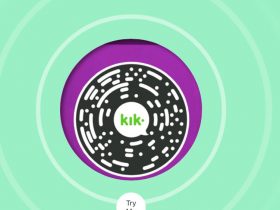
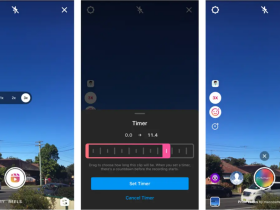

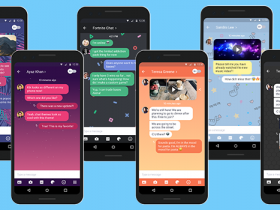

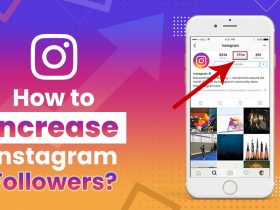

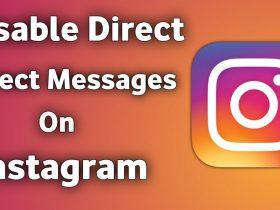
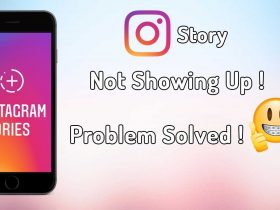
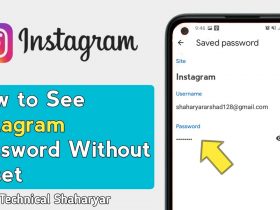









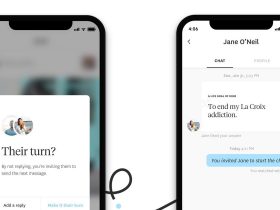

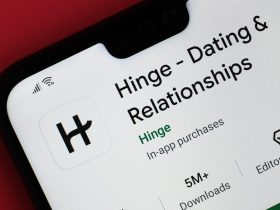
Got a Questions?
Find us on Socials or Contact us and we’ll get back to you as soon as possible.